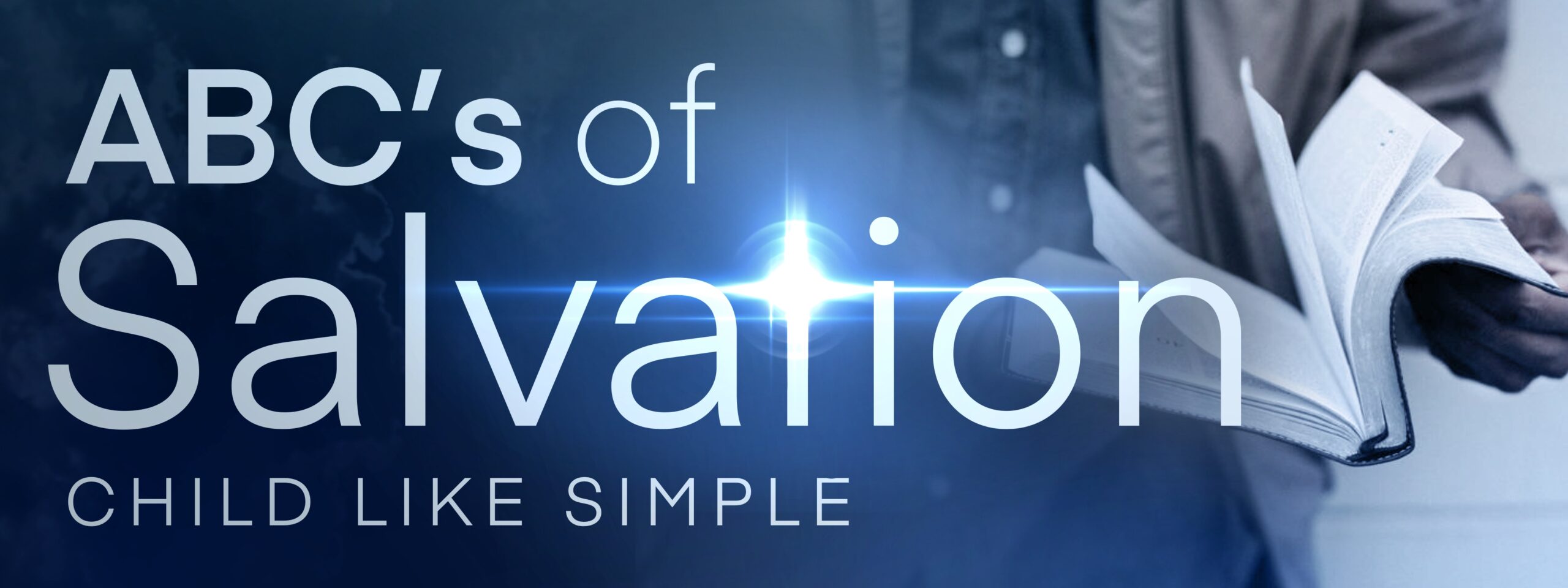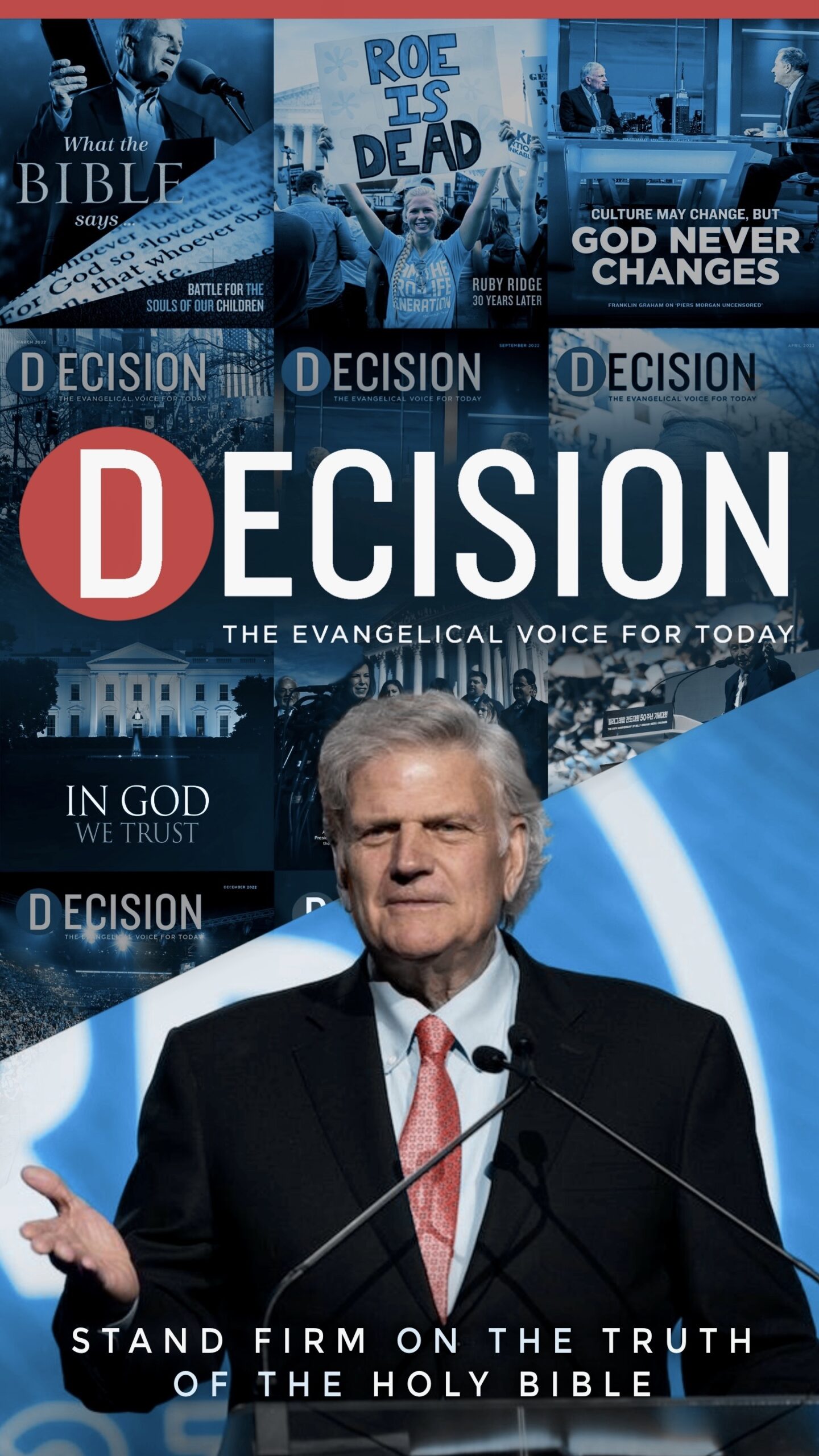What curriculum does your church use for their children’s and teen ministry? For over 10,000 churches, including, apparently, “49% of the fastest growing churches,” the answer is Orange, a curriculum that claims to impact over one million children and teens per year. But I have concerns about this popular curriculum.
“Be Human”
In late 2021, I wrote a short blog post about a mailer one of our staff members received for Orange’s 2022 children’s ministry conference, Be Human. As I pointed out at the time, the mailer and the advertising materials on the website were extremely vague, “fluffy,” and “me-centered,” with very little about Jesus, the gospel, or bold and clear biblical truth. Consider statements like these:
When God became human, it wasn’t to prove His divinity. He could have done that from a distance.
Instead, Jesus became human to prove the worth of humanity. He came to show us what God intended humans to be.
This descriptor of what Christ came to do is rather vague and utterly incomplete and misleading. Jesus did not primarily come to “prove the worth of humanity” or “show us what God intended humans to be.” He came to pay the price for our sin through his atoning work on the cross. But you couldn’t find clear language like that anywhere on the conference website, and you also can’t find it on their Orange curriculum website either! We all need to be discerning when we are looking at such curricula.
What We Believe
Yes, they have a short “What We Believe” page that states,
About Jesus
God became human in Jesus of Nazareth. Jesus was conceived by the power of the Holy Spirit, born of the virgin Mary, suffered, was crucified, died and was buried. He descended to the dead, and on the third day He rose again. He ascended into heaven and will come again to judge the living and the dead. The death and resurrection of Jesus offers redemption for humanity and the world.
About Salvation
Jesus, being fully God and fully human, was born, lived, died, and rose again. It is only through Christ Jesus that humanity can find complete forgiveness, reconciliation, and wholeness. Anyone who accepts the free gift of salvation made possible through Christ Jesus is welcome into the Kingdom of Heaven now and forever.
But notice how vague the gospel is. Yes, it says that Jesus’ death and resurrection offers redemption, but how? Well, by “accepting” the free gift—but what does that mean? How do you “accept” the gift of salvation? It is important to explain about repentance and trusting in Christ alone, but that language is missing from their “What We Believe” page, leaving it too vague. And it sounds like it’s totally something we do. But it’s what God does for us!
![]()
In Your Inbox
I encourage you to compare their statement of faith with Answers in Genesis’ statement of faith—you’ll immediately notice a difference!
Who Is Jesus to Me?
Now, if vagueness were the only problem, that would be one thing. Sadly, many churches and Christian ministries today—even very good, Bible-believing ones—often do have very vague statements of faith. But I was recently alerted to an article Orange published, written by their president, that asked “Why Is the Gospel Good News?” The article begins,
As ministry leaders, we do what we do because we want to give kids and teenagers hope.
But should giving hope be why you do what you do as a ministry leader? Shouldn’t it be to give the gospel, and a by-product of the gospel working in our lives is “hope [that] does not disappoint” (Romans 5:5)? Hope isn’t the main thing—the gospel is the main thing, and hope is a by-product. But the article goes on:
[A]s we prepare to share with kids and teenagers this Easter season, we need to wrestle with these questions, “How does the Good News connect to their situation? How does it matter to them?” . . .
If you want the Good News to sound like good news, you need to understand why it’s good news for everyone.
One way to better understand people is to understand five world views that influence how people see the world. These world views also help us answer five questions.
What is the problem they see in the world?
How does this person feel?
Who is Jesus to this person?
Why is the gospel “good news”?
How does this give hope?
Red flags should go up for you immediately upon reading that! It’s very “me-centered”—not centered on absolute truth and the Word of God. Rather it’s what is the problem I see in the world? How do I feel? Who is Jesus to me? And this approach is reflected in how the author answers those questions for the five “world views” she provides. Consider the “Conflict & Vindication” worldview:
What is the problem?
Oppression. Someone with this world view sees the abuse of power in the world and how oppressive systems have persisted.
How does this person feel?
Someone with this world view feels angry and is ready for a revolution. They feel like a warrior who wants to bring about change.
Who is Jesus to this person?
Jesus is the Messiah and Liberator. Jesus understood oppression and came to make things right.
Why is the Gospel “good news”?
Jesus came from the inconsequential town of Nazareth to topple the system and defeat the oppressor. [As an aside—this is not why Jesus came! “The saying is trustworthy and deserving of full acceptance, that Christ Jesus came into the world to save sinners . . .” (1 Timothy 1:15).]
How does this give hope?
There is a new Kingdom and a new Earth. In the new Kingdom the last will go first and the first will go last. We know this is good news because Jesus often talked about the good news and the new Kingdom at the same time.
Instead of encouraging children and teens to repent and turn to Christ for salvation, shedding their old worldview and adopting a new one—the biblical one—this kind of approach encourages them to just add Jesus onto their already existing worldview (which in the case above is a very unbiblical view grounded in critical race theory—something it appears, based on the resources they promote, Orange is okay with). It says, “you see the world this way, here’s how Jesus fits into that and can solve your problems.” That’s not the biblical gospel!
We don’t just add Jesus to our thinking. Our thinking must be built on the foundation of God’s Word. When you encounter the gospel and biblical truth, it’s a radical transformation from thinking according to the ways and patterns of our world to repentance and thinking according to Christ and his Word.
2 Corinthians 10:5 KJV – “Casting down imaginations, and every high thing that exalteth itself against the knowledge of God, and bringing into captivity every thought to the obedience of Christ;”
Colossians 2:8 KJV – “Beware lest any man spoil you through philosophy and vain deceit, after the tradition of men, after the rudiments of the world, and not after Christ.”
It’s Fluff and Stuff!
Sadly, an exploration of their website and cursory review of their materials suggests Orange is moralistic (focused on good behavior and character rather than on exegeting Scripture and applying the biblical gospel) with an approach that tries to meet “felt needs,” rather than everyone’s greatest need—the gospel of Jesus Christ.
This is a hallmark of progressive Christianity—and that it’s infecting Orange is unsurprising considering the director of their children and preteen curriculum lists his pronouns in his Twitter bio, frequently retweets well-known progressive Christians such as Richard Rohr and Rob Bell, and even tweeted positively about a sermon from a pastor at a church in Nashville, TN, that openly rejects the idea that the Bible is God’s Word and that it’s inerrant and infallible (you can learn more about that in this blog post from 2021).
It appears that Orange is “fluff and stuff”—lessons that are, yes, easy to use, colorful, fun, and engaging, but not grounded in the absolute authority of God’s Word, teaching doctrine or theology to help students know what they believe and why, and not gospel (the true gospel) focused. I would encourage churches to stay away from this curriculum. With churches using curricula like this, no wonder we are losing the younger generations from the church to the world.
Don’t Use Fluff—Get Meat!
Sadly, the type of teaching and the curriculum strategy employed by Orange is not limited to just them. We see “fluffy” Sunday school materials all the time. These materials don’t ground children in God’s Word; don’t give them answers for the tough questions of our day; don’t teach them the attributes of God, the biblical gospel, and the theology and doctrine they need to shape their worldview. And that’s led to massive biblical illiteracy and generations of professing Christians who don’t know what they believe or why they believe what they believe.
And that’s why Answers in Genesis created Answers Bible Curriculum for Churches (and also for homeschool). This curriculum teaches through the whole Bible in four years and presents the Bible chronologically so students understand the flow and grand narrative of the Scriptures. It teaches theology and doctrine, laying a solid foundation of who God is, who we are, and what God has done to solve our biggest problem. Students learn the attributes of God, wrestle with tough questions, get answers to the common questions of our day (creation and Bible apologetics), and see the gospel and Jesus right from the beginning.














